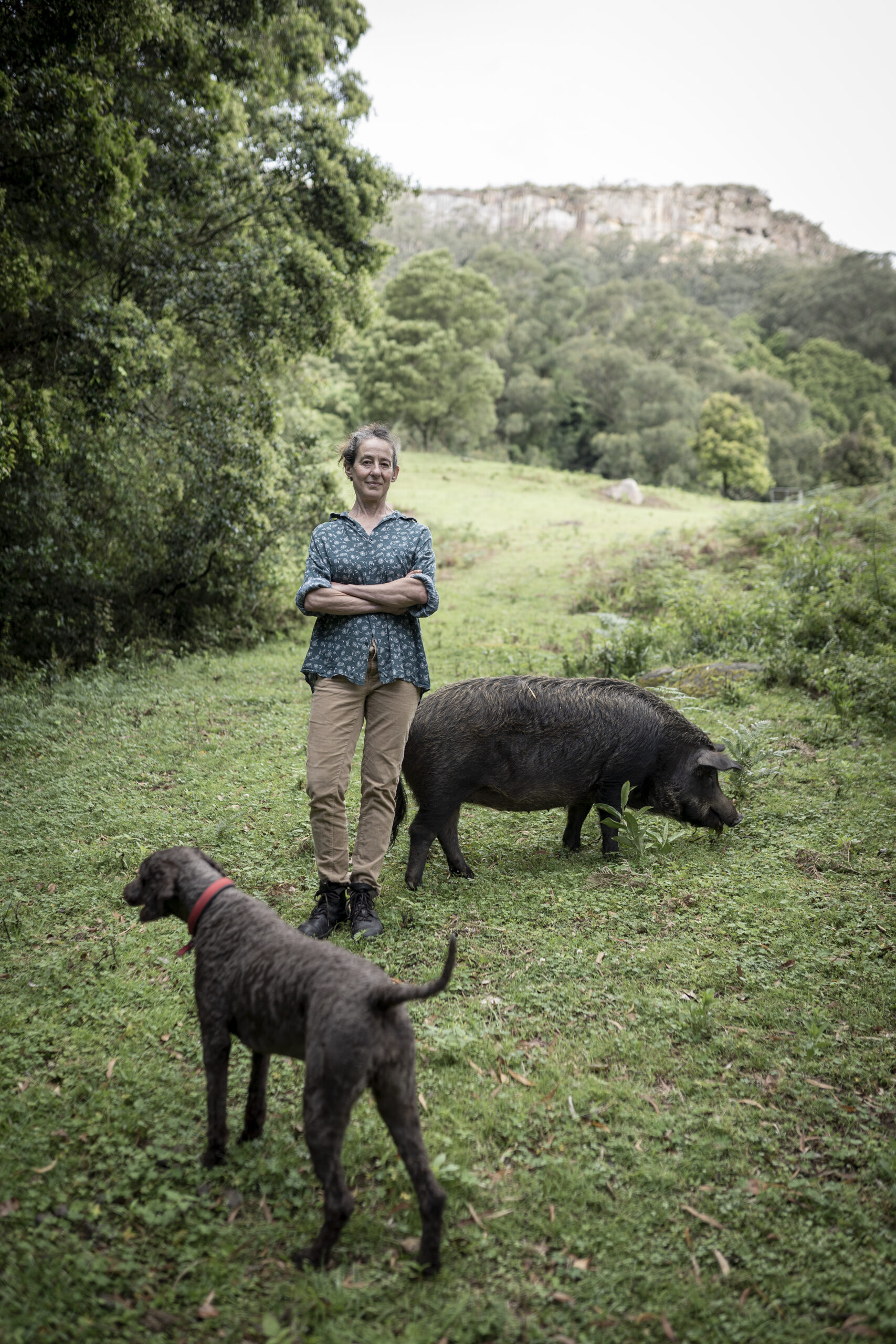Applications close on Friday 7 August 2020
The Sybil Emslie Animal Law Scholarship celebrates Sybil Emslie’s life-long commitment to the care and protection of animals by encouraging legal scholarship and practice dedicated to advancing animal welfare.
The $1,000 annual scholarship will be awarded to a law student or lawyer who has a strong academic record and a commitment to the practice of animal law through active and substantial engagement with animal law and animal protection organisations and initiatives. The Scholarship is administered by RSPCA Australia with funds contributed by Sybil Emslie’s family and other donors.
|
Eligibility criteria Applicants must: |
|
2 Demonstrate their commitment to the practice of animal law through active and substantial engagement with animal law and animal protection organisations and initiatives; |
|
3 Demonstrate how their research or practising activity will benefit the development and application of animal law and animal protection more broadly. Scholarship benefits The recipient will receive an award of $1,000 and a certificate to recognise the award from RSPCA Australia and the Sybil Emslie Animal Law Scholarship Fund. If you require further information regarding your application please contact RSPCA Australia at science@rspca.org.au or phone 02 6282 8300. Application information Interested applicants are invited to submit the following to RSPCA Australia science@rspca.org.au
The statement must outline: their commitment to animal law including how their research or practising activity benefits the development and application of animal law and animal protection more broadly. |


